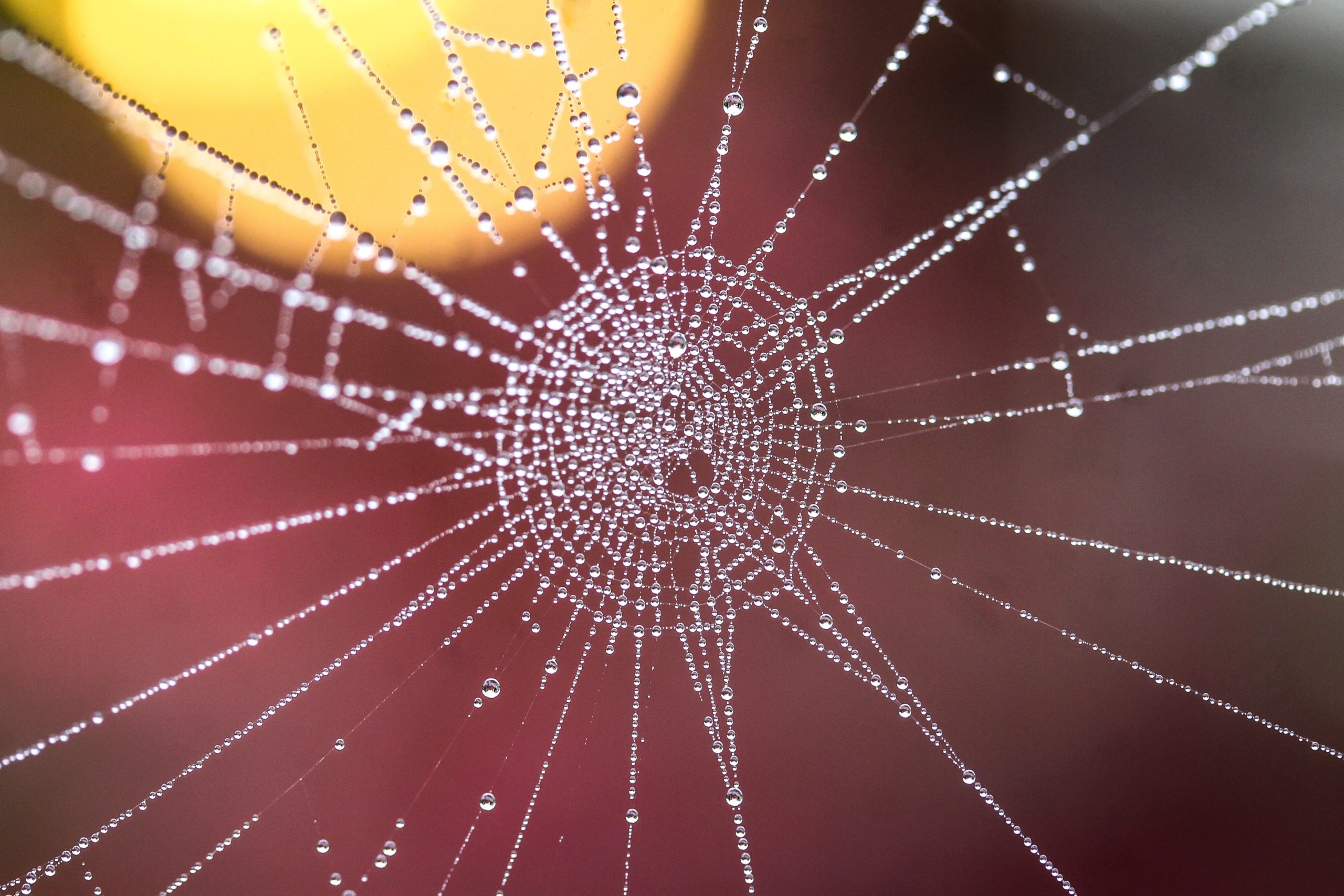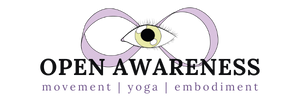
03 Oct Social Connection
Educated
I’ve got a quote for you this week, this time one by Tara Westover from her exceptional memoir Educated. Tara was raised one of seven children, four of whom never set foot in a school classroom nor received any substantial homeschooling. Her father was a doomsday prepper, convinced the government was bent on brainwashing and that medical care was against God’s will. Her mother, for the most part, went along with it.
Tara suffered emotional and physical abuse at the hands of both her parents and one sibling, but despite it all she scored highly enough on the ACT to get into BYU. From there she studied at Cambridge and Harvard, eventually earned her PhD in history and wrote this book.
I just finished the audiobook and recommend it wholeheartedly. Her story is poignant and suspenseful, sad and hopeful, and full of insight into the impacts of trauma and the maze of healing without ever mentioning it directly.
The quote
The quote I’ve chosen to share with you today sums up my experience with therapy. I love the quote for its vagueness, its lack of analytical understanding, and its acceptance of the odd power of the process.
“The counseling did nothing at first. I can’t think of a single session I would describe as helpful, but their collective power over time was undeniable. I didn’t understand it then, and I don’t understand it now, but there was something nourishing in setting aside that time each week. In the act of admitting that I needed something I could not provide for myself.”
It’s the last sentence that smacks me in the heart. “In the act of admitting that I needed something I could not provide for myself.”
We need other people
What is it about other people we so desperately need? And what is it about our individualistic culture that inspires us to keep secrets, to not bother or burden or share? Is it shame?
In the study I’ve done on stress and the nervous system, I’ve learned that social rejection registers the same in the brain as physical pain. Stub your toe hard, you know the feeling of physical pain. Find out someone you trust badmouthed you behind your back, you know the feeling of social rejection. To your brain, the experience of pain for each is apples to apples.
Pain and survival
Pain serves as a useful survival tool – if it’s painful, avoid doing it again, stay alive. When we talk about survival, we’re talking about the autonomic nervous system. When we talk about the autonomic nervous system, we’re talking about stress and relaxation. Maybe this is why we keep secrets, to not bother or burden or share. To our brain, we are avoiding pain, the pain of social rejection, this threat to our survival. Do we isolate ourselves to avoid being isolated by others?
It doesn’t work, does it? Humans are social animals. We live not only in family groups but in communities, despite our cultural disassociation from social connection made more blatant by the social isolation that was required by the worst of the pandemic, the increasing polarization between political ideologies and within families that think differently from one another, and from the steady decline of religious affiliation and therefore attendance at regularly held community gatherings.
Social Connection
Where is it that we meet each other now? Not just the people we adore, but the folks in our community who belong but challenge us, who we realize deserve care even if we wouldn’t consider them close friends. If we are forgetting or ending our essential connections to those people once held closest to our hearts, where does that leave those at the margins—the sick, addicted, destitute, aged, or unhoused? The ones who need us, their community, the most.
Healing
I believe that all effort put forth in healing the nervous system, in forming an intimate relationship to our body’s signals and building skill in responding to those signals, will go a long way towards healing emotional pain and social destruction. I believe that going through the process of building trust and slowly revealing oneself to other people, especially to trained mental health care providers, is a necessary part of the journey in healing both by and for social connection. I believe that honest, emotional social connection is exactly how we develop broad and encompassing compassion.
From the gross to the subtle, the tangible to the most abstract, we heal through body and mind to the spirit. All effort put into this healing results in changes where it matters most: the actions we choose to take. The way we interact with other people, politics, purchasing, the natural environment. The legacy we leave by willful, aware participation with our one and only life to the enduring existence of generations to come.
Image from Pixabay
